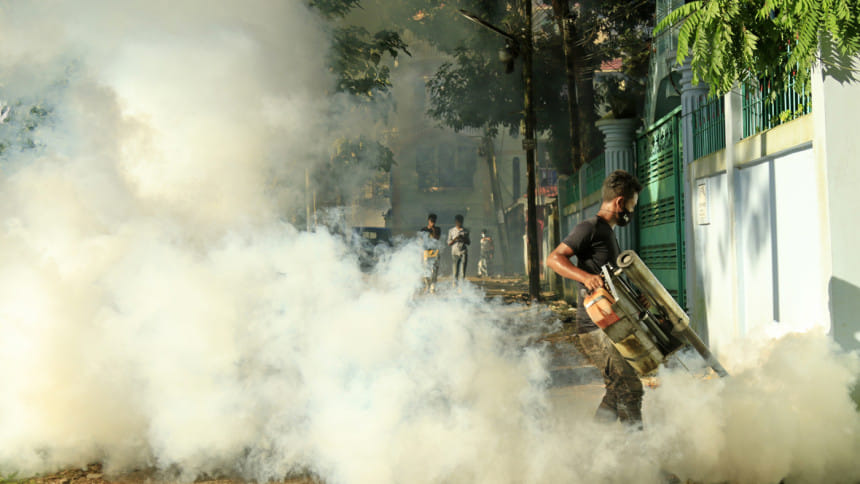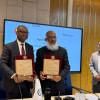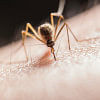World Bank gives $200m for healthcare services, dengue prevention in Bangladesh

The World Bank has approved a $200 million loan to help improve primary healthcare services and prevent mosquito-borne diseases like dengue in Bangladesh.
The loan, which was approved yesterday, will help improve primary healthcare services for treatment, prevention and referral for common illnesses, and medical waste management in Dhaka North and South City corporations, Chattogram City Corporation, and Savar and Tarabo municipalities, according to a WB press release.
Under the funding, a project titled "Urban Health, Nutrition and Population Project" will establish a network of primary health centres offering a broad range of health, nutrition, and population services along with a direct referral system with secondary and tertiary-level facilities.
About 2.5 million children under five in these urban areas will receive services, the global lender said.
Bangladesh has made remarkable progress in improving healthcare, particularly in rural areas, said Abdoulaye Seck, World Bank country director for Bangladesh and Bhutan.
"But urban areas have limited public healthcare facilities. Hence, poor people and slum dwellers are often forced to turn to more expensive private healthcare."
Further, with high population density, climate change, and rapid urbanisation, new health challenges are emerging, including an increase of dengue cases, infectious and non-communicable diseases, Seck said.
The project will improve antenatal services for women, with a target of over 250,000 women receiving at least four checkups during pregnancy.
"It will also support hypertension screening and follow-up of about 1.3 million adults. To reduce out-of-pocket expenditure on medical care for the poor, the project will renovate selected existing public health facilities, including government outdoor dispensaries, and family planning clinics," the WB said.
The project will also focus on environmental health and preventive services like mosquito control, medical waste management, and behaviour change communication to promote healthy lifestyles to prevent illnesses and mitigate the effects of climate change and air pollution on human health.
It will support the development and implementation of a multi-sectoral strategy to manage infectious disease outbreaks in cities and municipalities.
To prevent dengue, the project will introduce a climate-based dengue early warning system and outbreak response capacities as well as take measures to clear breeding sites.
"The impact of climate change on mosquito-borne and infectious diseases is often overlooked. An overreliance on fogging or spraying targeting adult mosquitoes and untargeted larval control is not an efficient use of resources," said Iffat Mahmud, senior operations officer at the World Bank and task team leader for the project. "As mosquito lifecycle is influenced by climatic conditions, the project will strengthen the mosquito control laboratory and build capacities to implement innovative mosquito control measures and other community-based interventions."

 For all latest news, follow The Daily Star's Google News channel.
For all latest news, follow The Daily Star's Google News channel. 








Comments